


Victim-centered approaches within your program can be substantially enhanced when victims of crime are supported, protected, and prioritized in the work you do daily. If you are looking to put a crime victim’s needs and priorities at the center of the work you do with offenders, this customized training might be for you. Build your own live online instructor led course by combining different training topics together to address grant program implementation and needs in your community.

Build your own live instructor led course by combining modules (2 hours each) to produce a full day of training or spread out training sessions over several days. Completely customizable based upon your specific needs. Eleven different modules to choose from.

Do you currently teach or instruct within your organization or agency? Teaching can be one of the most difficult, yet rewarding jobs we can do within our profession. Truly great instructors make lasting impacts on their students, their organizations, and their profession as a whole. Consider three ways you can approach your training sessions to truly maximize your outcomes and deliver great training to your students.
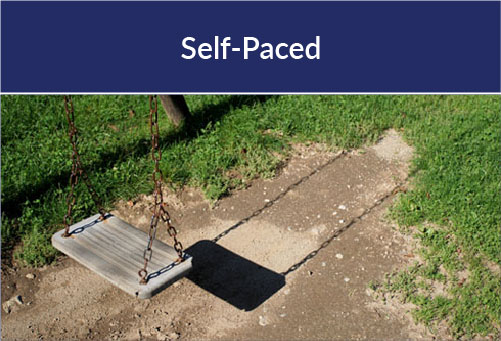
Gather information on the structure and interdependent functions/roles of a CART program. Learn about protocol development and management, development and use of Memoranda of Understanding, CART composition, training including tabletop exercises and field scenarios, and CART certification standards. Examine a case study which integrates all topics covered for effective CART leadership.
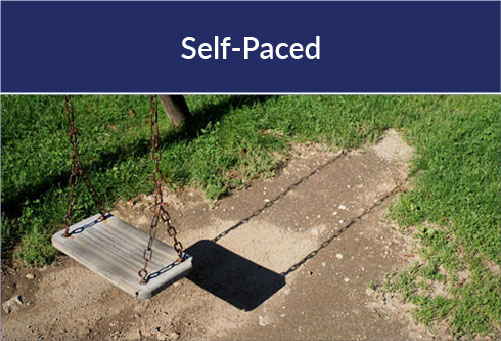
Gain an overview of the Patrol First Response investigative checklist resource. This training provides a guided case-scenario review of important checklist elements and considerations for effective use. Patrol officers can use this information to support accurate and effective response to reports of endangered, missing or abducted children, and assist with steps essential to communicate information to arriving investigators. You will find the resource in the Resources tab on this webpage.
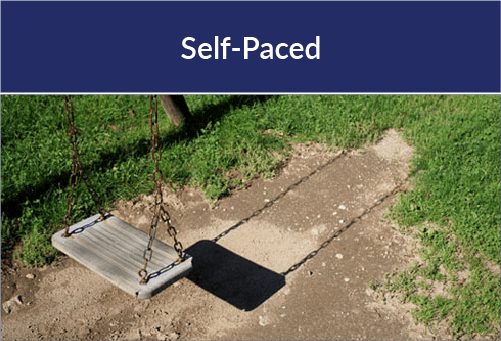
Gain an overview of the Investigative Officer Checklist resource, which can be found in the Resources tab on this webpage. The course will guide you through a case-scenario review of important checklist elements and considerations for effective use. You will be provided with information to support accurate and effective response to reports of endangered, missing or abducted children, and effective transition from patrol first response to ongoing investigation of the case.
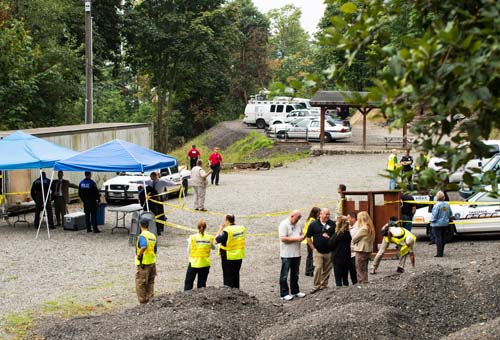
Take steps toward implementing a successful CART by bringing together a team of experts whose knowledge, skills, and abilities will be beneficial in a child abduction case. Join us to learn how to develop a multidisciplinary CART for responding to endangered, missing, or abducted children. Hear about the impact a child abduction has on the family and learn the fundamentals of developing an effective responsive CART team. Examine incident command considerations, search and canvassing operations, CART activation, and resources to improve the response, investigation, search, and canvass activities associated with missing children investigations.
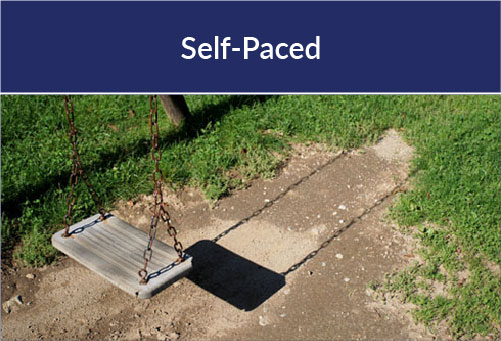
Consider the scope and scale of the problem of missing and abducted children including CART structure, function and command considerations, investigative considerations, canvass operations, search operations, volunteer management, digital forensics, logistics, recovery, and reunification. Examine a case study in which all concepts taught are integrated and considered for an effective overall response.

Examine common issues faced by law enforcement and service providers when encountering a person in crisis. Review methods to prevent or intervene in a crisis situation in which mental illness is a factor, including de-escalation and communication techniques. Identify presenting symptoms of various types of mental health disorders. Explore intervention strategies and methods for assessing the presence of suicidal intention. Discuss the lifelong impact that trauma has on individuals such as veterans, children, domestic violence survivors, and individuals impacted by historical trauma.

This is an advanced course. Please make sure you meet the prerequisites before registering. Develop the skills and techniques to conduct developmentally appropriate forensic interviews with victims of child sex trafficking. Learn the differences between interviewing children in child abuse cases and interviewing child sex trafficking victims. Review victim-centered interview methodology with special emphasis given to understanding the factors contributing to child sex trafficking victimization and the impact on development and effects of trauma. Learn to gather information regarding the use of technology in the child sex trafficking business model and the multitude of crimes that traffickers commit, including the use of child sexual abuse material (CSAM).
